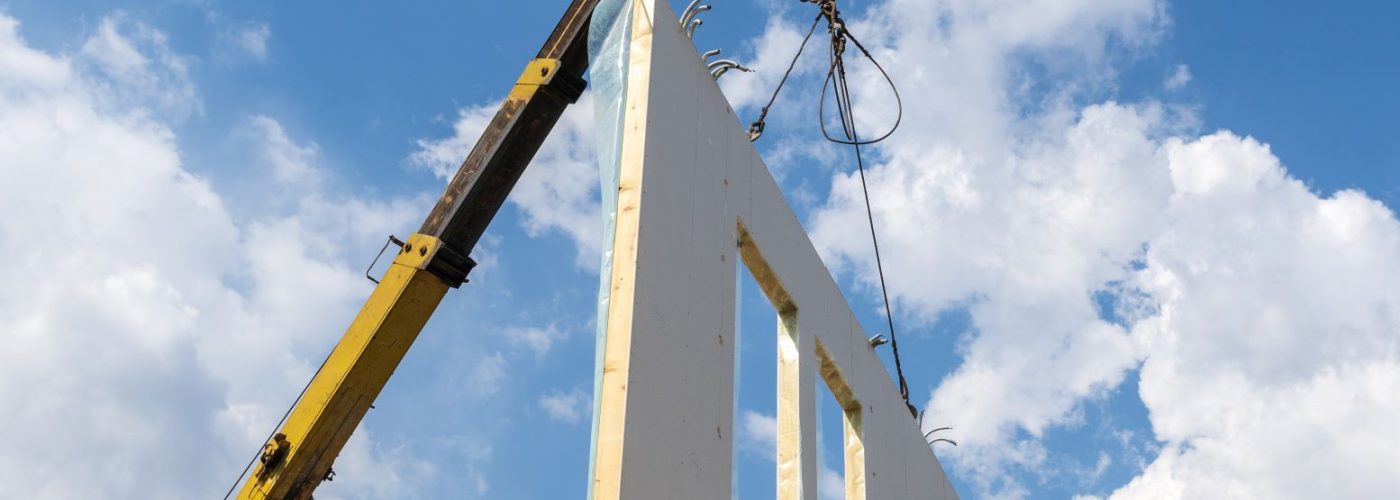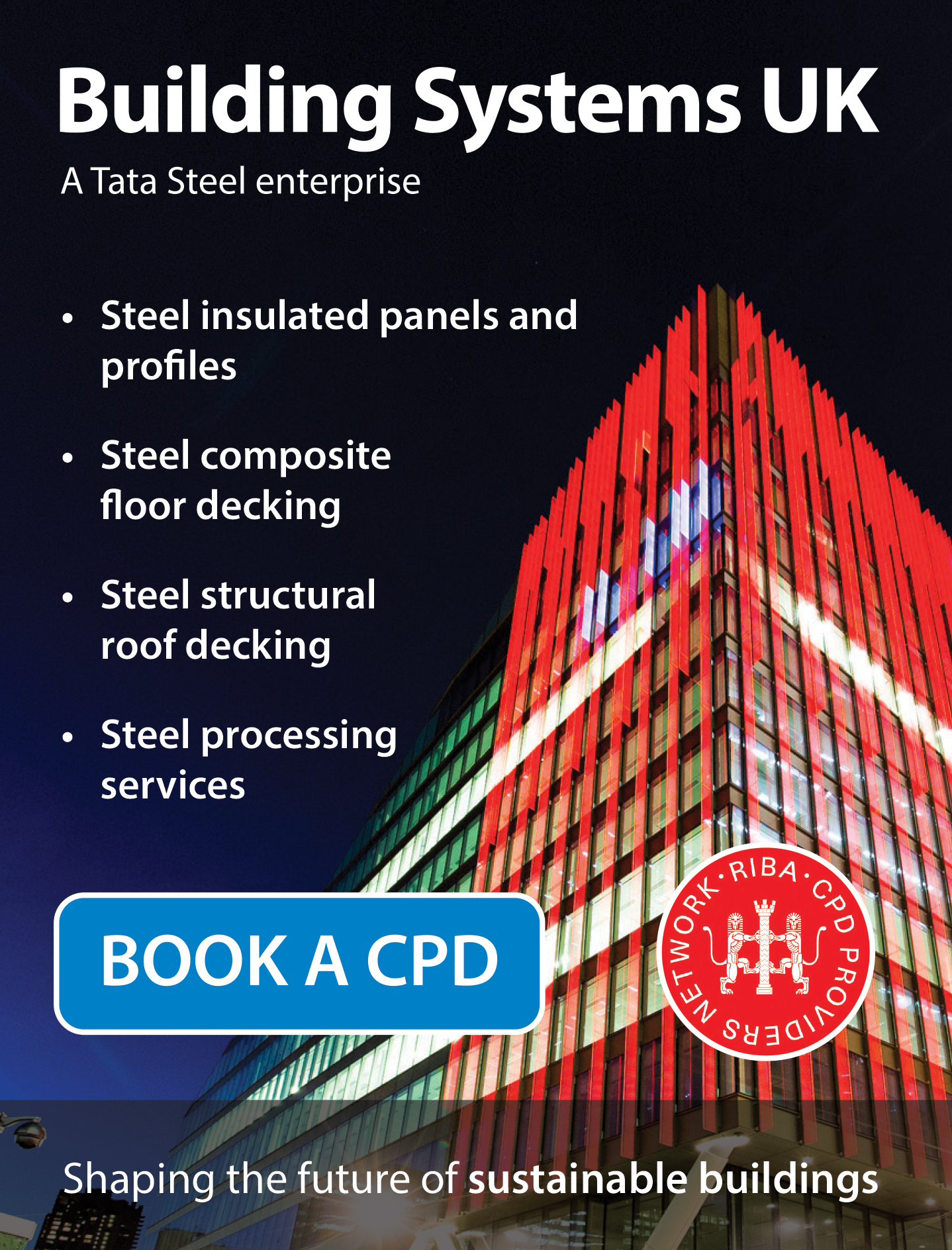Why town planners should use modular construction for Towns Fund projects
In September 2020, Secretary of State for
Housing, Communities and Local Government Robert Jenrick, announced the first
part of the £3.6 billion Towns Fund. Over 100 towns in England will be given up
to £1 million to rejuvenate their centres. Town planners should use the money
strategically to make as much of a positive impact on the area as possible.
Here, Nick Cowley, managing director of uPVC
windows supplier Euramax, explores why modular construction
should be part of this strategy.
The initial £80 million investment into the UK’s towns
will be used for various projects, including pedestrianising streets, creating
green spaces and redeveloping high street units. When rebuilding high streets,
town planners should consider the increasingly popular methods of modular
construction (MMC).
MMC involves manufacturing individual parts of a
building in an offsite facility and transporting them to the site in a
completed state. When building in busy areas like town centres, work needs to
be carried out efficiently to achieve sustainable and durable results, with
minimal disruption to residents. MMC offers planners a perfect solution to
build back commercial areas thanks to its speed, safety and sustainability.
Faster completion
MMC can be carried out between 30 and 50 per cent
quicker than traditional methods. By taking a manufacturing-style approach to
construction, identical components can be made repeatedly in an automated
factory environment. Typically, two eight-hour shifts are undertaken each day — more than would be achieved
onsite — which increases
output.
Once individual parts have been manufactured, the
indoor construction process can begin. According to a 2019
report conducted by McKinsey & Company, a team of five workers can
assemble up to six 3D modules per day. Module assembly can be carried out at
the same time as the onsite foundation work, which adds to the speed of modular
construction.
Fast completion is beneficial to town planners because
it reduces the time that access to the developing area is limited. This allows
planners to mitigate the impact of the project on residents, ensuring noise
pollution and blockages on roads and footpaths are kept to a minimum.
Increased safety
Guaranteeing safety when using traditional building
techniques can be complicated: numerous tradespeople need to be
coordinated in a small construction area, in potentially harsh weather
conditions.
In contrast, elements of a modular building such as
electrics, plumbing and uPVC windows and doors can be fitted in a factory
setting, improving control over the process. Safety requirements can be met
with ease and weather conditions have no impact on the quality of construction.
As construction workers complete the bulk of the project indoors, less time is
spent in a potentially dangerous, open-air environment.
MMC also reduces the risk to the public because it
moves around 80 per cent of construction offsite. This is particularly
important in busy towns: the more potentially hazardous work that is done in a
controlled offsite facility, the less of a danger the project is to the public.
Lasting sustainability
Modular construction is more sustainable than
traditional building methods because it requires less transportation. Entire
modules are constructed in one location, which reduces deliveries by up to 90
per cent, lowering the industry’s carbon dioxide (CO2) emissions.
The pre-fabricated approach to construction also
allows for more thermally efficient builds. Constructing modules in a
controlled environment allows workers to seal joints, install insulation and
minimise thermal bridging more accurately, which can reduce operational costs
by around 20 per cent.
Town planners can also select components that are
certain to improve energy efficiency. Windows and doors are typically some of
the biggest culprits of heat loss, so it’s important to work with a reliable
manufacturer to deliver project success. Euramax offers a wide range of energy efficient
uPVC
windows and uPVC doors that come with a ten-year guarantee, which can be
manufactured and fitted offsite, making them an ideal partner for energy
efficient builds.
Rejuvenating town centres is key to driving local
economic growth and maintaining a sense of community. Using MMC can help
planners build quickly and safely without sacrificing sustainability, restoring
their towns’ spark.





